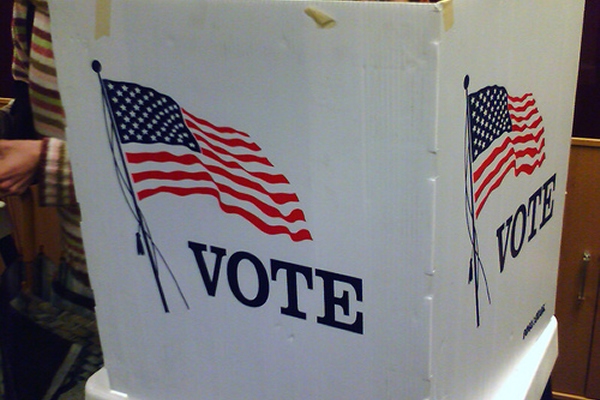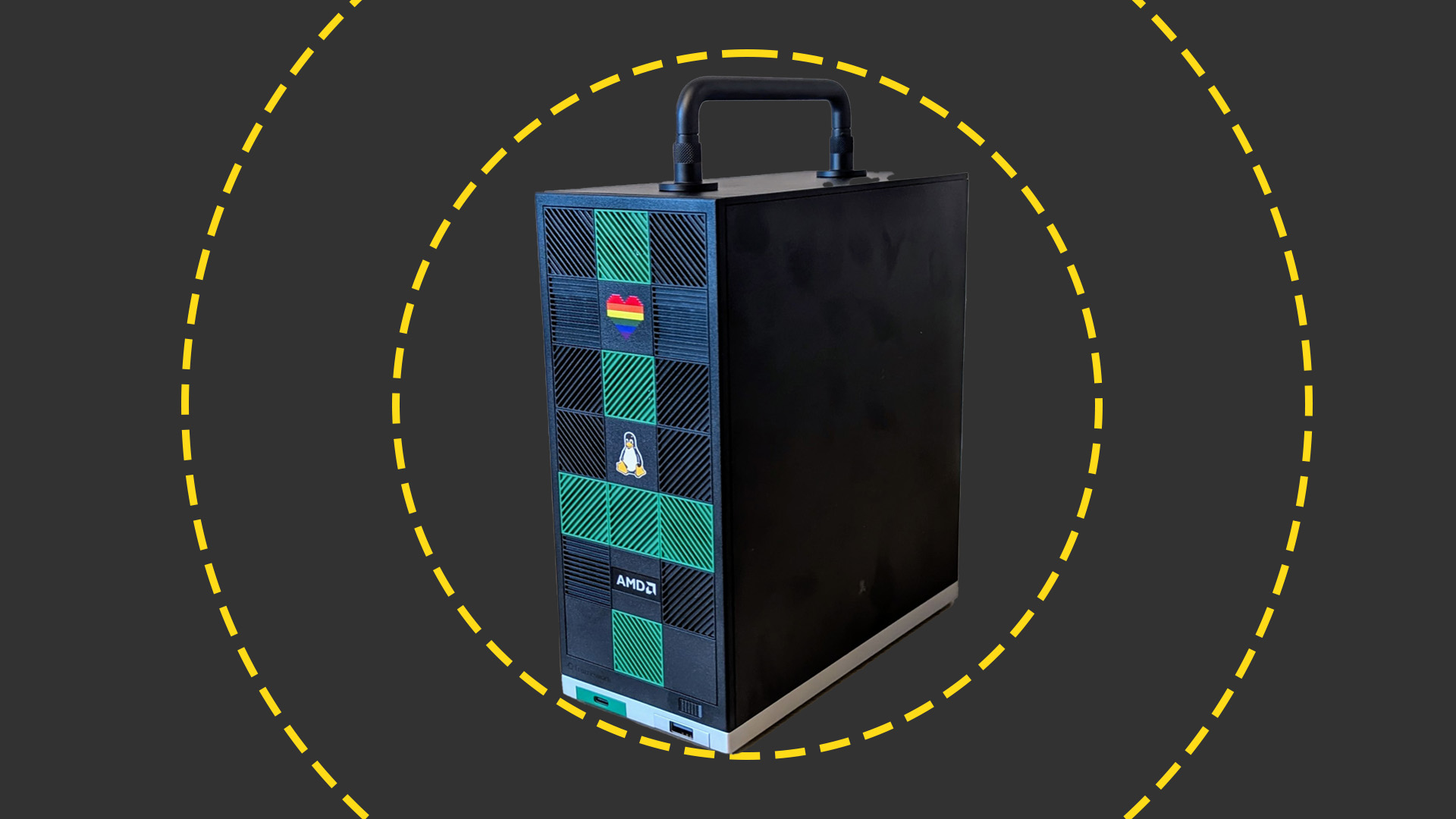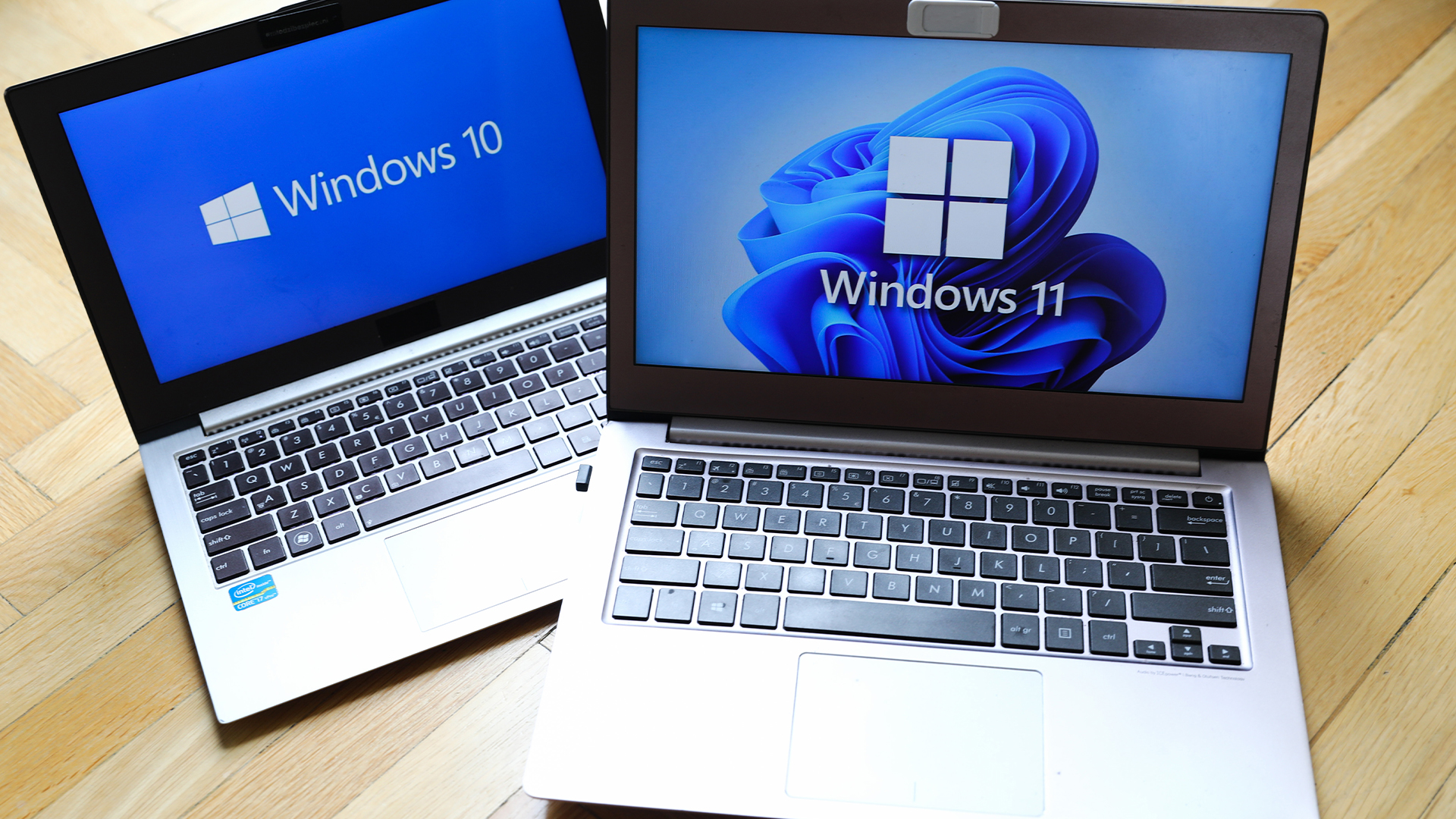Analysis: Silicon Valley looks to election to lift economic gloom
The US tech industry is looking for help from the presidential candidates, as the economic woes of the nation are taking their toll on the sector with earnings down and cut-backs up.

With the US election hours away, both the Republican and Democrat camps are engaged in much-needed last-minute campaigning, promoting the credentials of candidates in terms of foreign policy, healthcare, defence and the economy.
It is on the last point that most of California will be paying most attention. As well as being an enormous US state and controlling a critical 55 Electoral College vote, California is in its own right the world's seventh biggest economy. As well as being the hub for many industries, it is the centre of the US technology sector as home to Silicon Valley and a large part of the US electronics manufacturing sector.
Concerning to the residents and businesses in California is that neither Barack Obama or John McCain has spoken at any great length about technology, its uses or its importance to the US economy. Both have spoken of their support for small businesses, but nothing about how they will help tech start-ups in Silicon Valley and elsewhere in the US grow.
Financials at many leading lights have been under pressure of late. Last month, Sun Microsystems turned in a $1.7 billion (1.06 billion) loss in its first quarter of this financial year. Chip maker AMD turned in a loss of $67 million (41.87 million) for its third quarter, while consumer tech companies such as Electronic Arts have been forced to cut costs and jobs after chalking up large quarterly losses off the back of falling consumer spending and confidence.
Others including Intel, Dell and HP have all warned about the potential impact on consumer sales in the event of drawn out recession.
The tech sector in America is looking for many things from the next president, everything from a fix for the consumer economy to better education for workers and even state help to address the healthcare burden. However, what is on offer and what is likely to materialise are two very different things.
The McCain camp have campaigned hard on tax cuts, seen by the right wing as the shot in the arm necessary to reinvigorate the ailing economy and stimulate spending. The Obama camp is looking at a different approach, one that will involve raising taxes for the highest earners and passing on tax credits to the lowest paid a form of redistribution of wealth in order to jump start the economy from the bottom up and also help those in most need of financial support.
Sign up today and you will receive a free copy of our Future Focus 2025 report - the leading guidance on AI, cybersecurity and other IT challenges as per 700+ senior executives
Obama is also looking to increase capital gains tax by five per cent, a move opposed by McCain, who has gone further by calling for a cut in top-end corporate tax from 35 per cent to 25 per cent. Great for business, but this move offers no guarantee that the revenue will stay in the US.
Anything to help the financial position of the region will come as a relief to residents, businesses and the local legislature. California has dabbled with financial chaos before, and even after throwing out one governor in favour of Arnold Schwarzenegger, the state is facing a $15.2 billion budget deficit, meaning there is little cash in the bank to support business expansion and the creation of jobs, let alone investing in local services.
The local council in Vallejo, just north of San Francisco actually went bankrupt in May of this year. The suburb, a popular location for affluent tech workers, fell foul of reduced tax funding following the downturn, which left it unable to pay public sector workers in key roles such as law enforcement.
For the tech sector, this is particularly bad news, as jobs are cut or moved away, so too will the skilled workforce leave the state in search of work. Without federal support to help keep skilled workers in the region and sustain jobs, the sector will struggle to deliver the innovations it is known for.
The sector is also concerned about more than just taxes and grants. Both candidates have talked at length about addressing healthcare provision, but both have stopped short of trying to table a universal healthcare bill. With healthcare overtaking pensions as the biggest employee liability many US companies face funding, many are looking to the federal government for more help to tackle spiralling medical insurance costs and legacy liabilities.
International sales of tech have also been hit by the falling value of the dollar. At the time of writing, the exchange rate stood at $1.60 to 1, against $1.92 to 1 at the beginning of the year. US tech makers have been hit hard, with goods traded in dollars becoming more expensive to UK and European wholesale and retail buyers. One PC maker in the UK recently mothballed plans for a 99 low cost desktop PC, as the cost of processors and RAM - both of which are usually sold in dollars at wholesale - grew in cost off the back of poor exchange rates.
Finally, there is the telecommunications issue. The US is compromised by poor mobile phone coverage and some of the worst broadband speeds around. Little has been said about investment in IT infrastructure to address the communications problems holding back many tech companies.
In either case, the plans of either man rest heavily on who wins control of Congress. Alongside the presidential election, 35 of the 100 US senate seats are in play. For either president to be truly successful during their term, they must have control of the Congress and co-operation from it in order to push through their most controversial plans. The Democrats control the Congress right now, but that could change, even if a Democrat lands in the White House.
-
 Gender diversity improvements could be the key to tackling the UK's AI skills shortage
Gender diversity improvements could be the key to tackling the UK's AI skills shortageNews Encouraging more women to pursue tech careers could plug huge gaps in the AI workforce
-
 Researchers claim Salt Typhoon masterminds learned their trade at Cisco Network Academy
Researchers claim Salt Typhoon masterminds learned their trade at Cisco Network AcademyNews The Salt Typhoon hacker group has targeted telecoms operators and US National Guard networks in recent years
-
 Framework Desktop review: Modular design and ferocious AMD performance
Framework Desktop review: Modular design and ferocious AMD performanceReviews AMD's Ryzen Max CPUs debut in Framework's impressive modular self-build small-form desktop PC
-
 AMD chief exec Lisa Su says its new Helios AI rack is a 'game changer' for enterprises ramping up inference – here's why
AMD chief exec Lisa Su says its new Helios AI rack is a 'game changer' for enterprises ramping up inference – here's whyNews The integrated hardware offering will feature upcoming AMD chips and networking cards
-
 AMD Advancing AI 2025: All the latest news and updates from San Jose
AMD Advancing AI 2025: All the latest news and updates from San JoseFollow all the news and updates live from AMD's latest Advancing AI conference
-
 What enterprises need to be Windows 11 ready
What enterprises need to be Windows 11 readySupported Hardware purchasing will play a key role in delivering success during the Windows 11 migration rush
-
 Why the CPU you chose is the key to Windows 11
Why the CPU you chose is the key to Windows 11Supported The end of Windows 10 is on the horizon – it’s time to upgrade to an fTPM-protected processor
-
 AMD and Intel’s new x86 advisory group looks to tackle Arm, but will it succeed?
AMD and Intel’s new x86 advisory group looks to tackle Arm, but will it succeed?News The pair will look to make x86 CPU architecture more interoperable
-
 AMD’s patient roadmap has become a highway to success
AMD’s patient roadmap has become a highway to successAnalysis While everyone was focused on Nvidia’s meteoric rise, AMD was preparing the hardware needed to take the fight to its long-time competitor
-
 AMD just made a big statement in the AI PC race with its Ryzen AI Pro 300 series processors
AMD just made a big statement in the AI PC race with its Ryzen AI Pro 300 series processorsNews With all eyes focused on the AI PC craze, AMD looks to one-up the competition